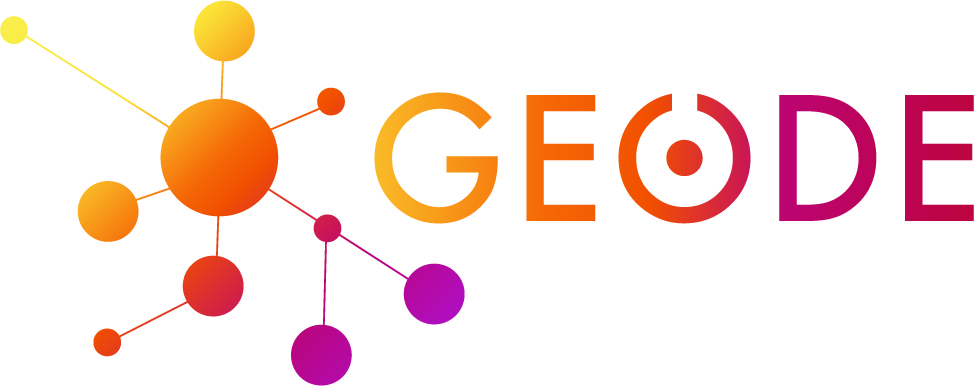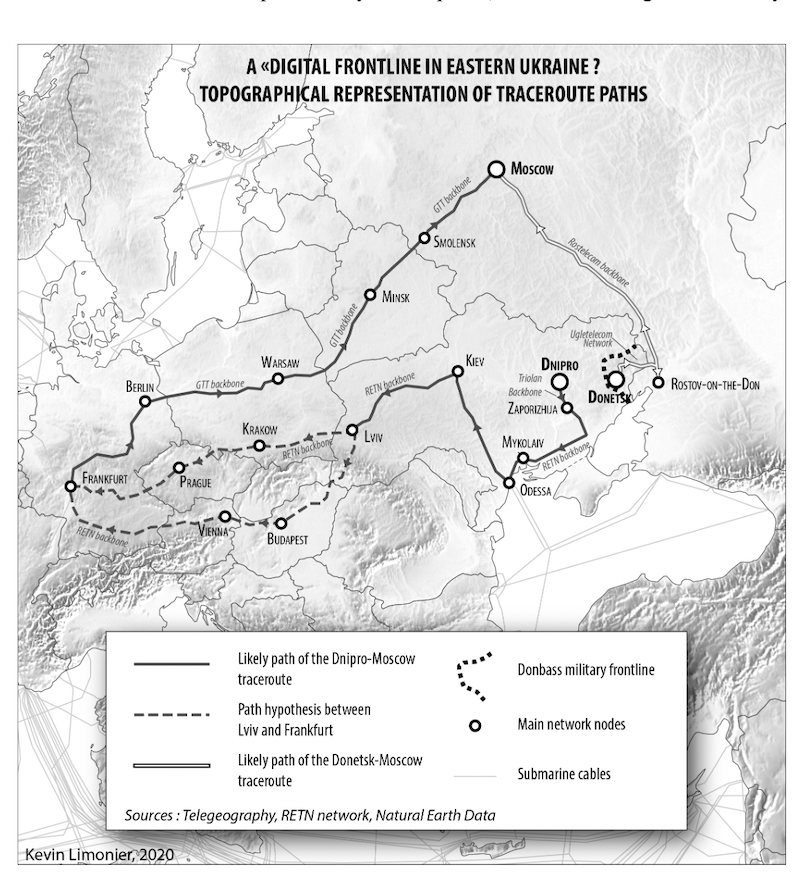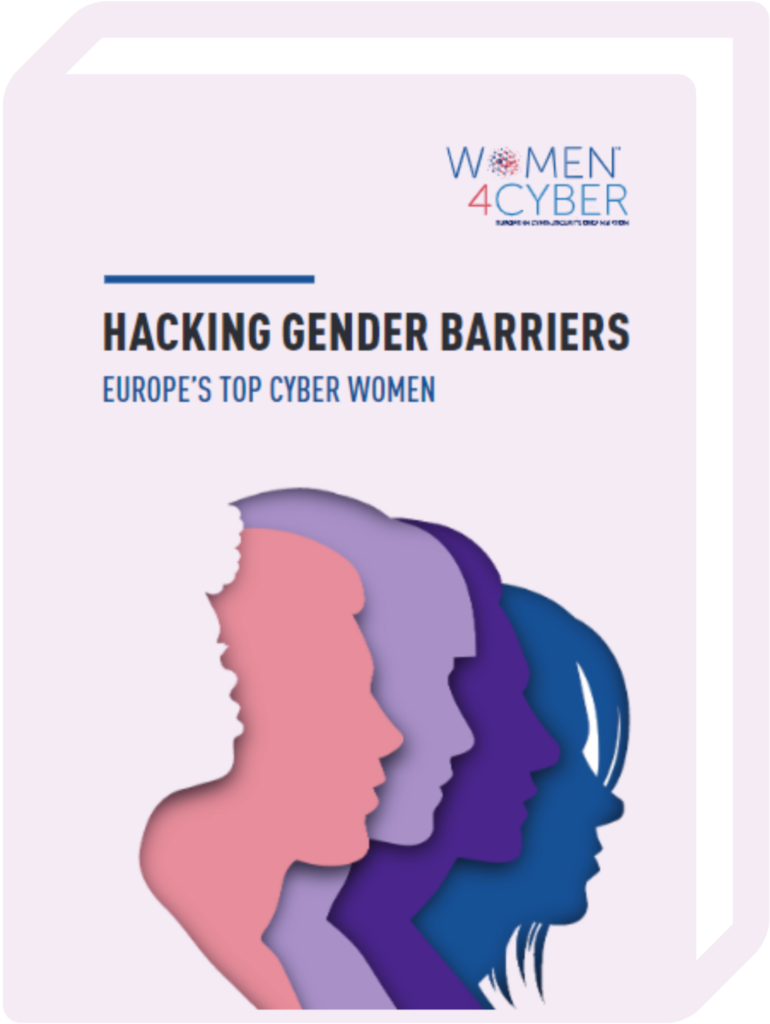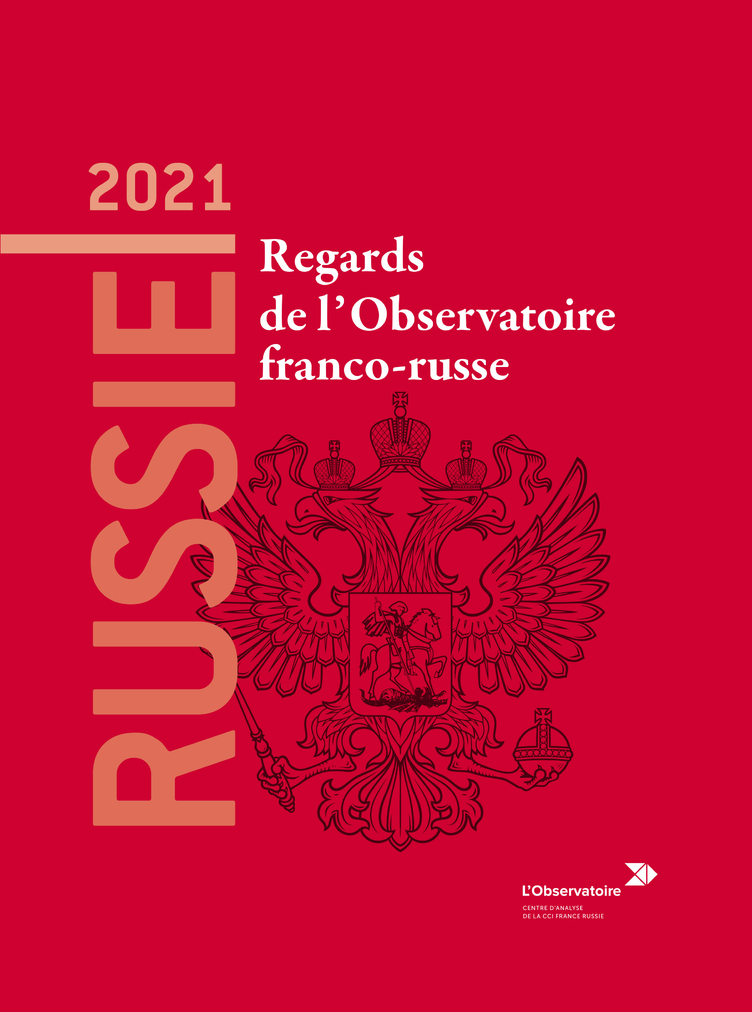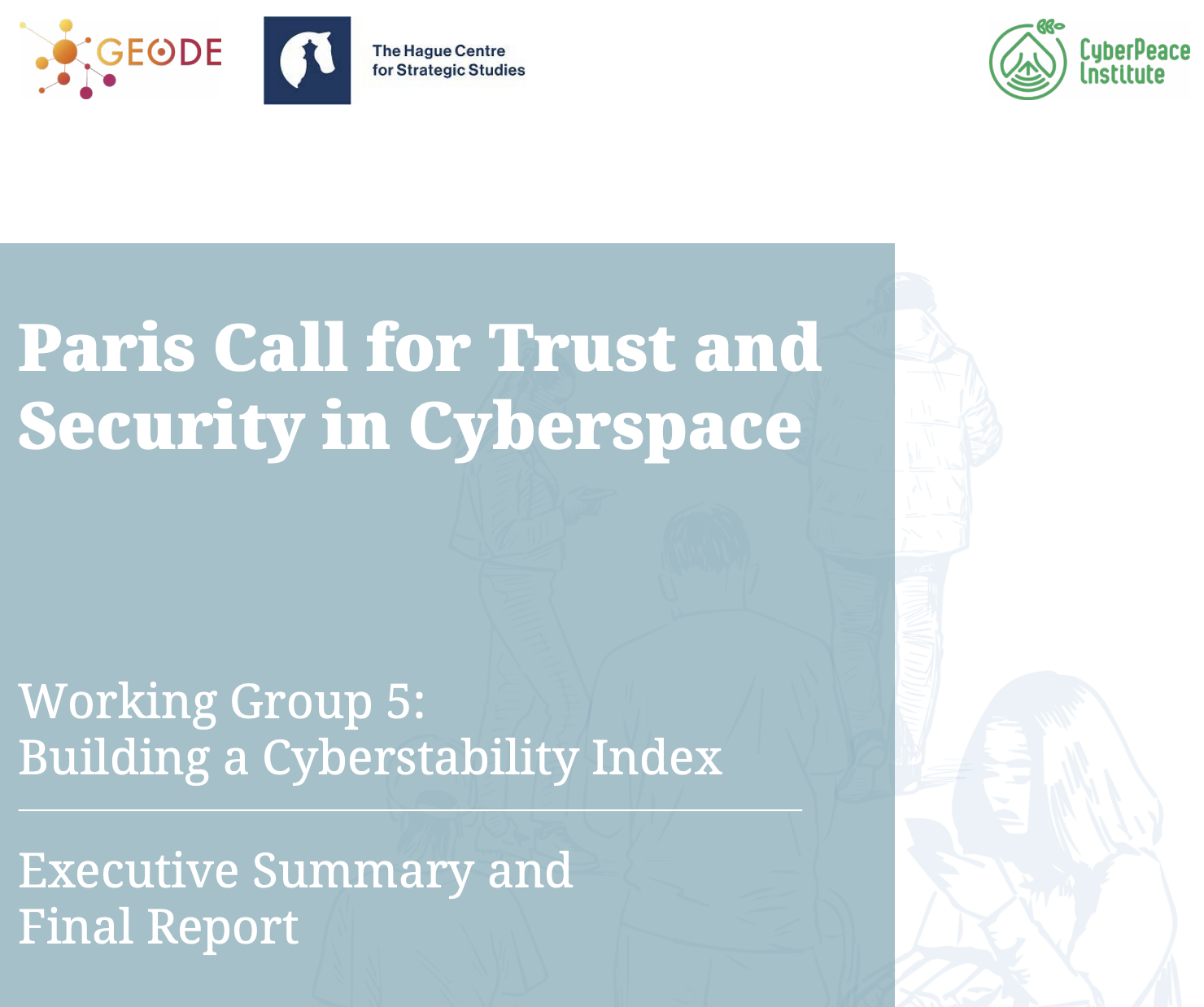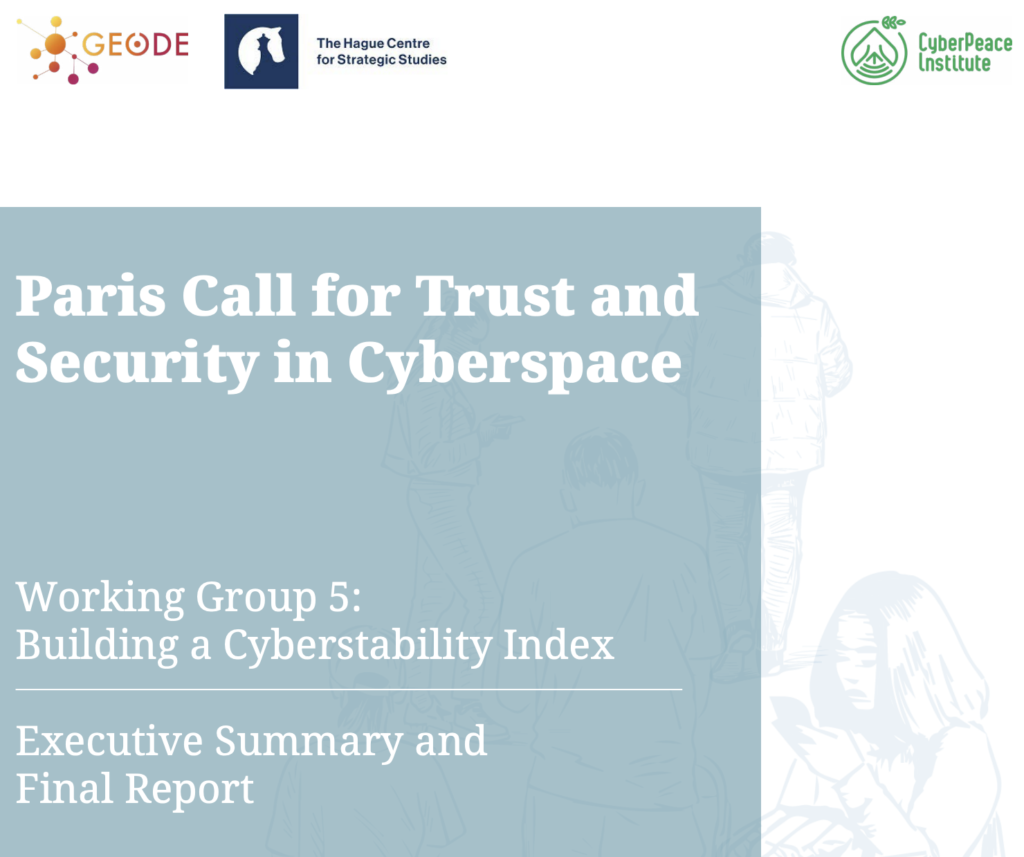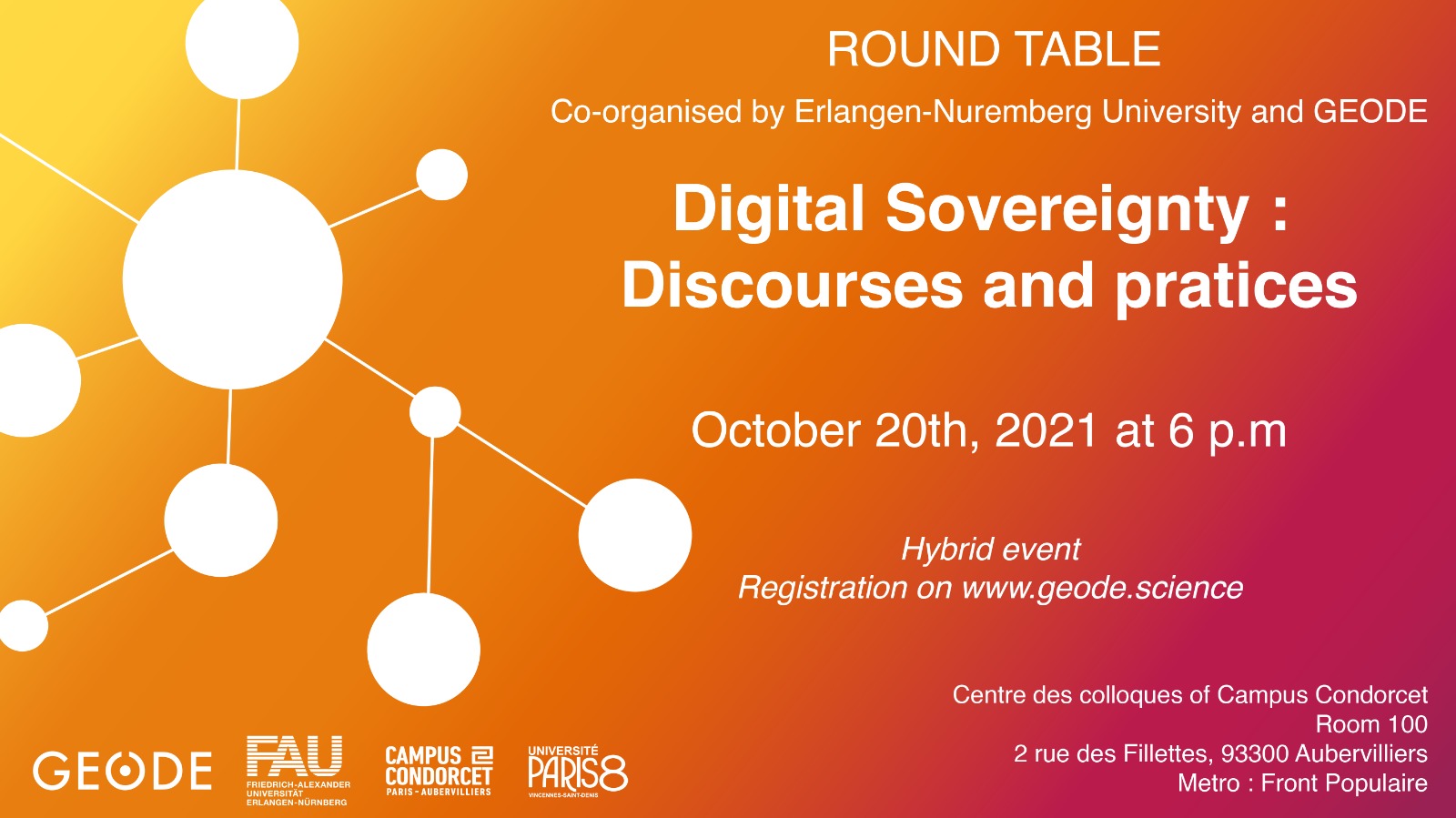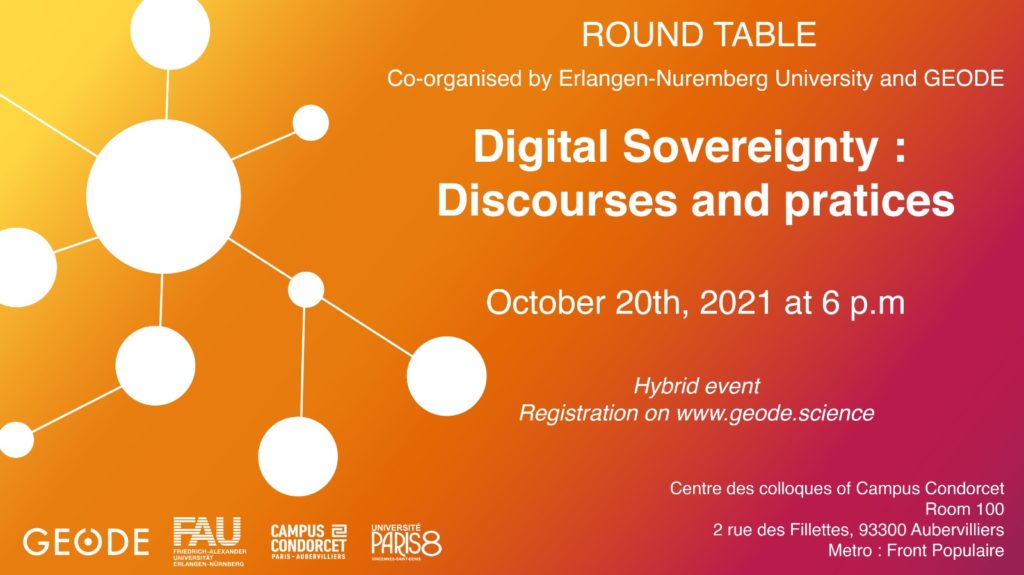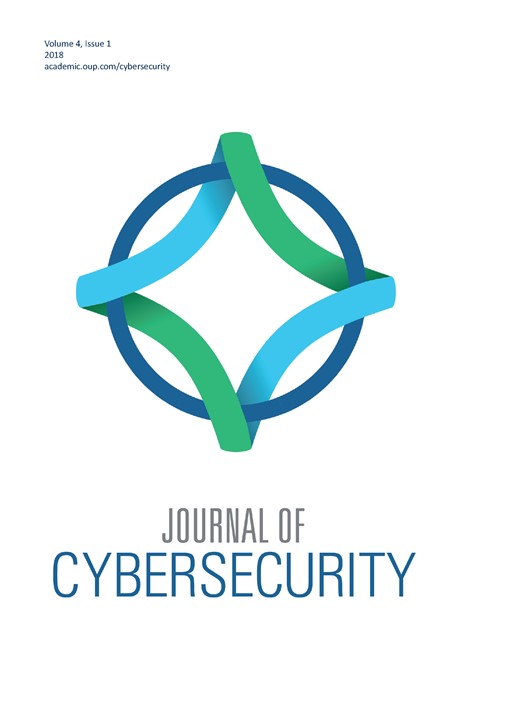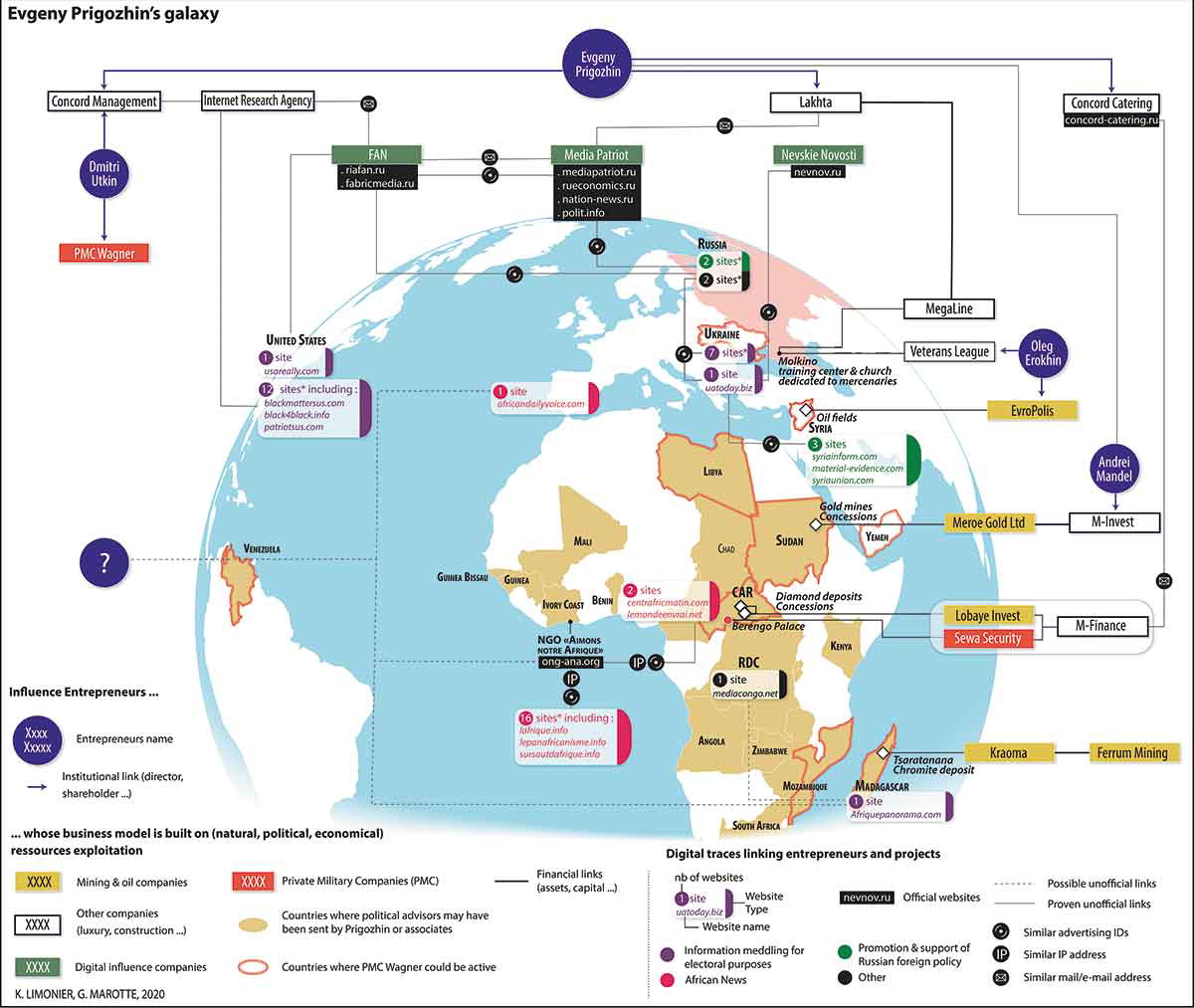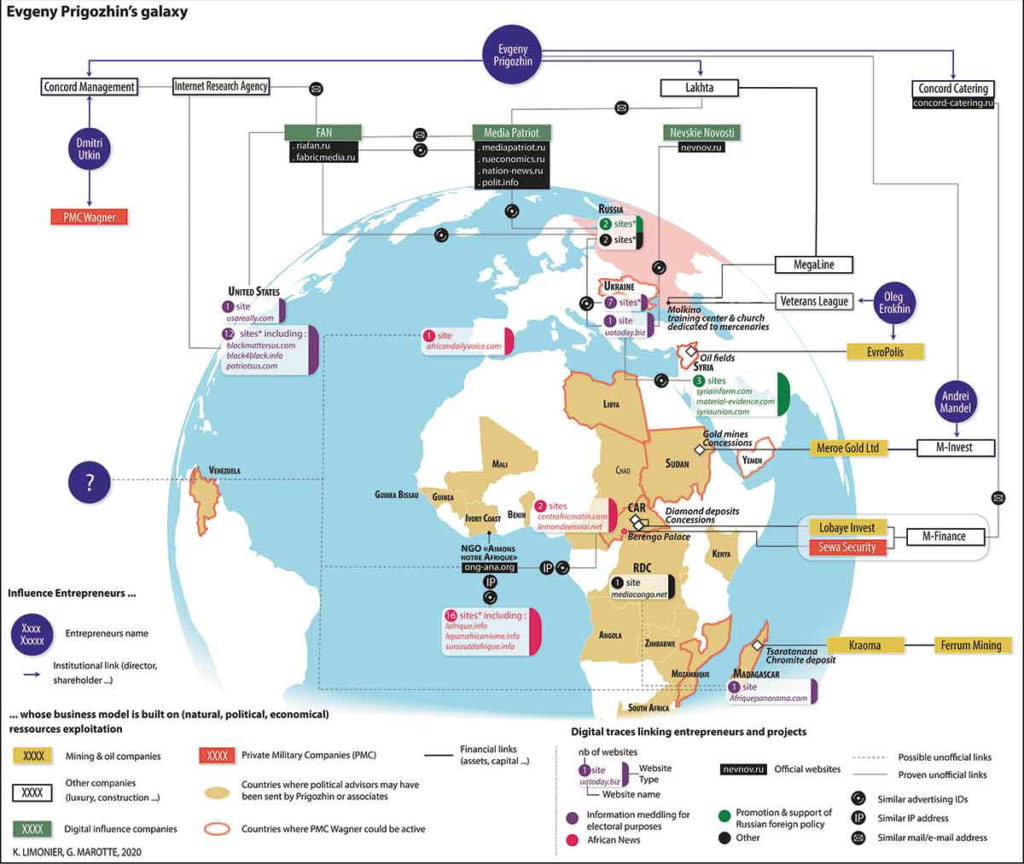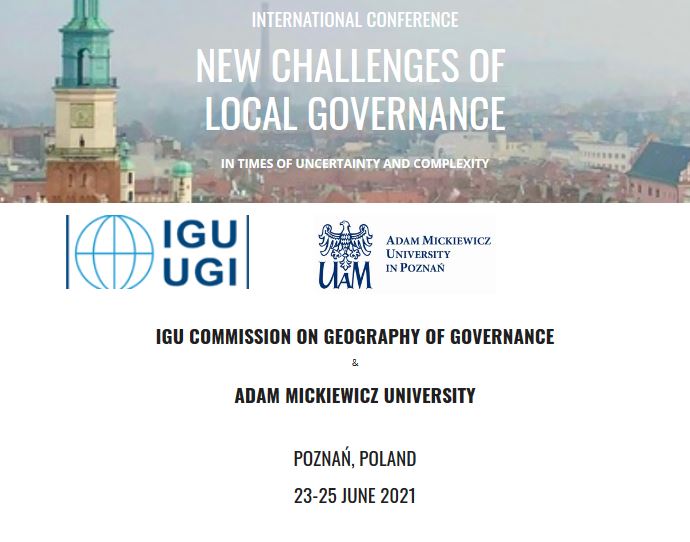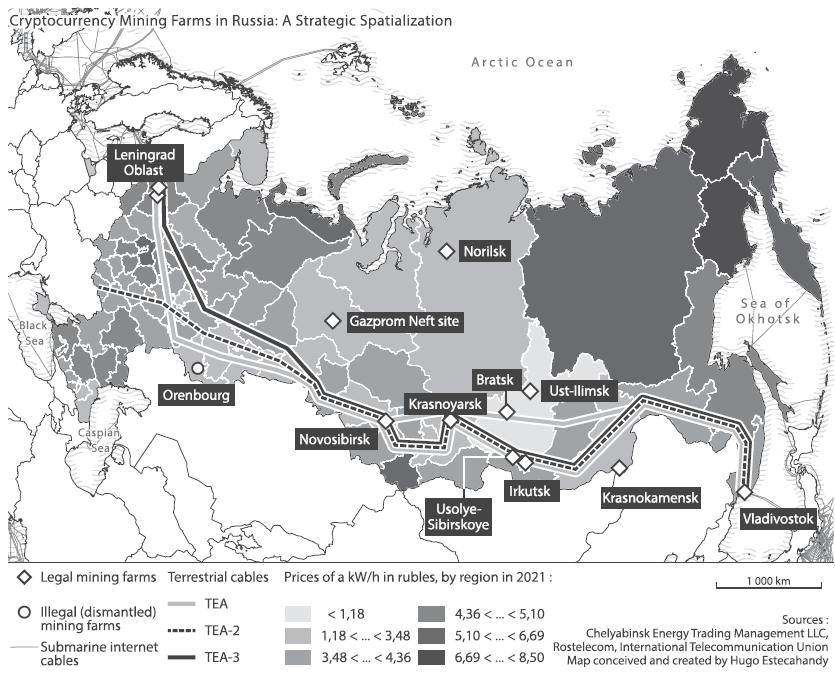Contribute to IGU 2022 on geography of the datasphere
The Centennial Congress
13 January 2022

You can now contribute until 18th of January to the panels proposed by GEODE researchers at the International Geographical Union Congress 2022 to be held in Paris from 18 to 22 July.
Panel 1: Cartography of the datasphere
Read the description of the session here.
Panel 2: Political geographies of data
Read the description of the session here.
Submit your proposal on the IGU website (IGU Commission Session, category Political Geography)
Partager l'actualité
Twitter
LinkedIn
